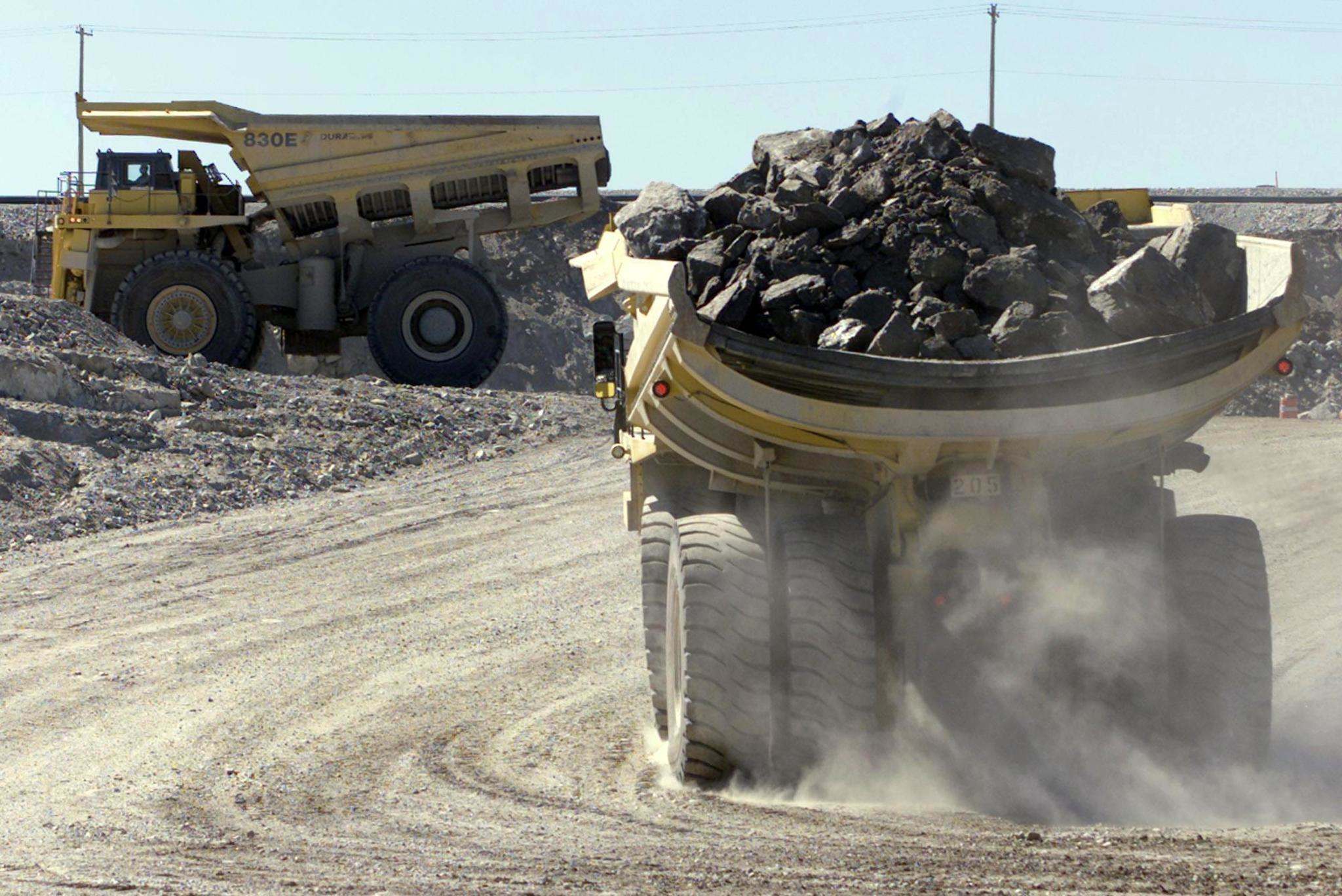Public bodies and private organizations in Canada choosing to divest in the energy sector cannot say that they also support Indigenous communities. Attacking the energy industry means you are attacking the main livelihood of many communities.
As we speak, activists are attempting to influence and intimidate private companies, universities, and public pension funds from investing in any projects that have to do with fossil fuels. Many of them are either ignorant of or simply don’t care that divestment can undermine projects that could lift First Nations out of poverty.
Simply put – Supporting divestment means you oppose Indigenous prosperity.
In April of this year, students of the University of Toronto occupied a building of the university’s downtown campus demanding that the institution divest from the small number of investments they have connected to fossil fuels.
Rather than send these most privileged middle class students’ facts and figures, showing why divestment is a silly way to address climate change, instead, they should send photos of families and children in the Indigenous communities in Canada that would lose out in a big way if resource projects cannot be financed through conventional lenders.
Right now, in Canada – primarily in the West but also elsewhere – First Nation and Metis communities are engaged in partnering with energy companies. Those projects deliver on significant economic and social benefits to those communities. Benefit agreements deliver jobs, contracting opportunities for some of the worst-off communities in Canada. The energy sector is one of the largest private sector employers of Indigenous people – energy sector jobs are the highest paid private sector jobs in Canada for Indigenous people.
Energy projects allow Indigenous communities to become active partners in projects, not just passive beneficiaries. Last year, 16 B.C. First Nations signed an agreement with Coastal GasLink to become equity owners in that pipeline. Some First Nation groups are working together towards either a secure partial or full ownership of the Trans Mountain pipeline. There are also other Indigenous groups seeking to build natural gas export terminals.
Activists and government policy makers need to understand that Indigenous economic reconciliation means nothing if First Nations are deprived of the financing for projects that could create prosperity for their communities. First Nations need to come face to face with the reality that their environmental goals and climate change frenzy might come at their expense.
Case in point. In February 2022, the Quebec-based Abenaki band council of Wôlinak signed a joint economic development agreement with Questerre Energy to embark on a pilot shale gas project. It would involve turning Abenaki traditional territory into a gas production hub. While the Indigenous community would receive significant economic benefits as a result of the deal, an obvious problem was the passage of a law in 2022 that banned energy exploration and activity in the province of Quebec.
According, the Indigenous community’s ambitions to partner with an energy company and reap the benefits for its community is thwarted, by a law supported by much more affluent non-Indigenous activists in the cities of Quebec. There is a class-based elitism that comes with these types of campaigns – development and progress for me, but not for thee.
Environmentalists live in cities that are largely affluent due to resource wealth, some having large amounts of energy wealth. They could safe and reliable energy due to cheap and plentiful fossil fuel energy sources. Now, some want to tell poor and marginalized First Nation and Metis communities that they can’t have access to energy projects – projects that would advance their communities to the standard of living of mainstream Canadians – because it conflicts with their alarmist climate change beliefs.
We can see this ‘class-based’ agenda played out elsewhere.
The federal government has attempted to push costly and unreliable renewable energy projects on First Nations. Instead, government has largely ignored the voices of First Nations that see a much better future in oil or natural gas projects.
Activists, governments, and businesses need to abandon these wrong-headed divestment campaigns. If they thought about it, they could realize divestment does nothing to address global energy demand and just shifts energy production to other jurisdictions.
Importantly, divestment is a direct attack on Indigenous prosperity and self-determination. That message needs to be said loud and clear in corporate boardrooms and in legislative buildings.
Joseph Quesnel is a Senior Research Associate with the Frontier Centre for Public Policy.



